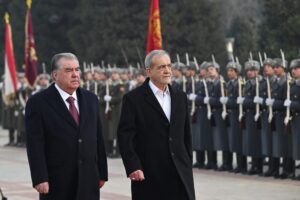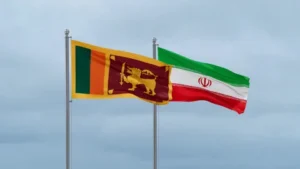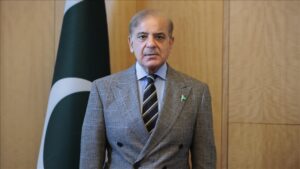Iranian Diplomat Highlights Women’s Resilience and Progress at UN Session

New York, The Gulf Observer: Iran’s Ambassador and Deputy Permanent Representative to the United Nations, Zahra Ershadi, has underscored the resilience and determination of Iranian women in driving progress across all aspects of life, despite economic and political challenges. Speaking at the 69th session of the Commission on the Status of Women, Ershadi emphasized that Iranian women remain committed to building a more just future for themselves and their communities.
Addressing the session in New York, Ershadi highlighted the adverse effects of unilateral coercive sanctions and the failed policy of maximum pressure, stating that these measures have not deterred Iranian women from advancing in society and strengthening their families. She reaffirmed Iran’s commitment to enhancing women’s participation in social, political, cultural, and economic spheres.
Challenges to Global Women’s Rights
Reflecting on 30 years since the adoption of the Beijing Declaration and Platform for Action, Ershadi noted that many global challenges—such as poverty, economic instability, foreign occupation, terrorism, and genocide—continue to hinder the full realization of gender equality and women’s empowerment. She condemned the ongoing crisis in Gaza, describing it as a systematic campaign of genocide and war crimes that has severely impacted Palestinian women and girls. She called for immediate international action to hold those responsible accountable and ensure the protection of fundamental human rights.
Iranian Women’s Achievements and Leadership
Highlighting Iran’s progress in advancing women’s rights, Ershadi presented key statistics showcasing the increasing role of women in various sectors:
- Women constitute 33% of university faculty, 40% in medical sciences, and over 50% in healthcare.
- Female representation in the workforce includes 45% in the public sector and 74% in the private sector, with 32,000 women-owned businesses.
- Annually, 300,000 rural and nomadic women receive entrepreneurship training, contributing to economic development.
- Women have secured 41% of new jobs in the country.
Since the establishment of the National Unity Government in 2024, significant strides have been made in appointing women to leadership roles, including:
- Four women appointed to the 14th administration cabinet, including the first female spokesperson and Minister of Roads and Urban Development.
- 14 female heads of government institutions and 13 deputy ministers appointed by Presidential decree.
- Over 190 women in managerial positions, including 110 directors-general, 17 governors, and 16 district chiefs.
A presidential directive has also been issued to further enhance women’s leadership in provincial governance, municipal offices, and key government sectors.
Commitment to Women’s Empowerment
Ershadi concluded by reiterating Iran’s dedication to fostering women’s progress, despite external pressures. She emphasized that Iranian women’s persistence and strong will have been instrumental in shaping a more equitable future for themselves and their communities, proving their unwavering commitment to national and global development.
The 69th session of the Commission on the Status of Women, taking place from March 10-21, 2025, in New York, serves as a platform for evaluating global advancements and challenges in gender equality and women’s rights.


